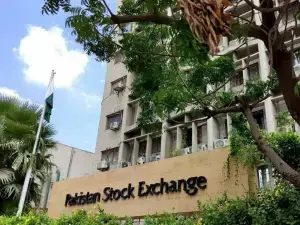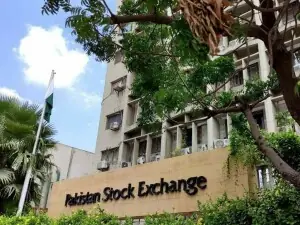With high-speed rail in the United States long on plans and short on construction, a Texas company is aiming to fast-track service between Dallas and Houston. The Texas Central Railway Company plans to use private investment and Central Japan Railway bullet train technology to run a line between two of the largest U.S. cities. Company officials say service could begin in 2021.
"If we can't do it in Texas, I don't know where in the United States you could do it," said Richard Lawless, chairman and chief executive officer of Texas Central Railway, a private company set up about four years ago to build high-speed rail.
Lawless said the project, which has been estimated to cost $10 billion, will be financed through a combination of debt and equity.
Backers of the service contend that if they can get their line built, it will show the benefits of high-speed service and could help jump-start other projects that have languished.
Dallas and Houston are separated by about 240 miles (390 km), a distance seen by advocates as optimal for high-speed rail. More than 50,000 people currently commute by car and plane between the cities on a weekly basis. Travel time on trains capable of speeds of 205 mph would be under 90 minutes. Texas Central Railway said fares will be lower than average airfares between the cities.
While proponents have long pointed to high-speed rail a fast, safe, reliable and environmentally friendly way to move people - and while Japan, France and other countries have had high-speed lines for decades - plans in the United States over the past half century have faced major political and financial challenges.
When President Barack Obama laid out plans in 2009 to commit billions of dollars to high-speed rail, Republican governors in several states pushed back, saying it would be wasteful spending. Democrats have contended that Republicans wanted to score political points by derailing Obama's stimulus plans.
On paper, at least, the Texas project looks promising.
The line would run through mostly rural, flat areas that would not require tunnelling or long bridges, making engineering easier and keeping construction costs more predictable.
And political leaders in the business-friendly state have backed the project. The Republican-controlled legislature has welcomed the rail's private funding, and has a history of supporting company-backed projects to build hundreds of millions of dollars of toll roads.
The state has over 500 miles of toll roads, according to its Transportation Department, that were largely financed by private companies that share a portion of the revenue generated by tolls. Most were built during Republican Governor Rick Perry's 14 years in office.
BR100
16,307
Increased By
236.2 (1.47%)
BR30
51,537
Increased By
1163.4 (2.31%)
KSE100
157,953
Increased By
1775.7 (1.14%)
KSE30
48,199
Increased By
520.5 (1.09%)






















Comments
Comments are closed.